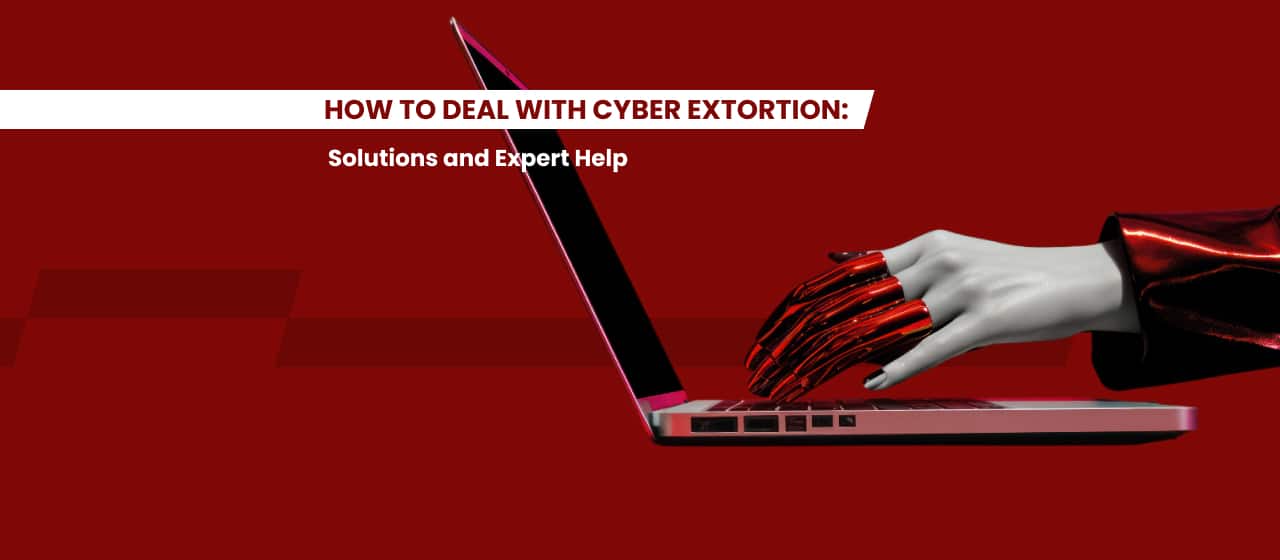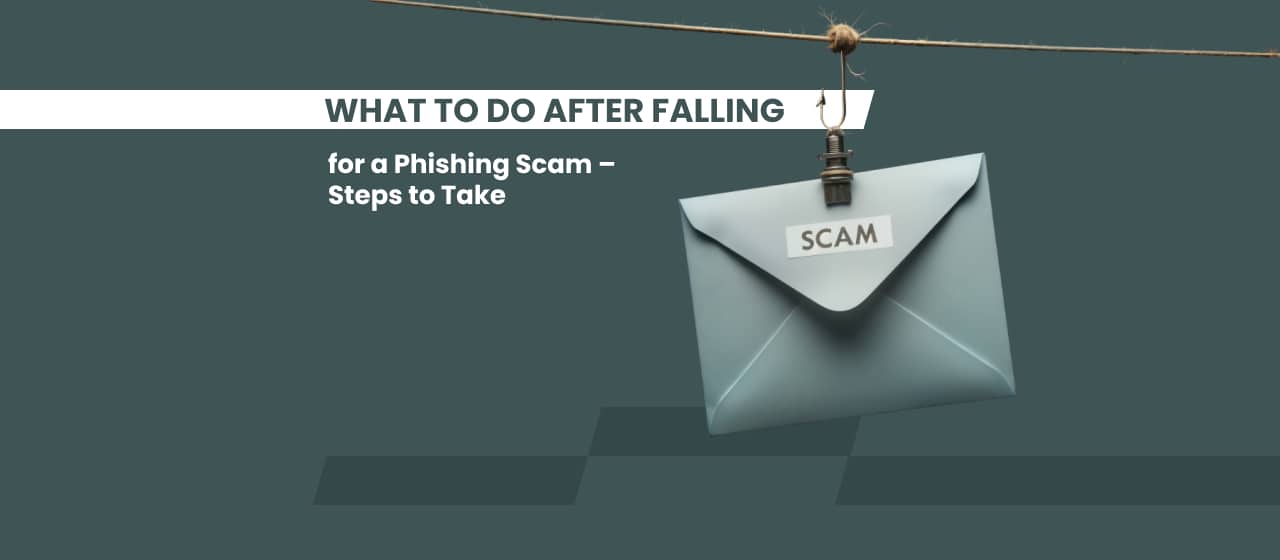Sextortion is an online crime that can affect anyone, regardless of age, gender, or socio-economic background. It is a form of extortion that uses sexual content as a tool to threaten, intimidate, and manipulate people into giving in to the criminal’s demands. Sextortion can be devastating to its victims, causing them emotional and psychological distress, financial ruin, and even suicide. The good news is that you can take measures to protect yourself from sextortion. This article will provide you with tips and advice on how to get rid of sextortion.
Does sextortion go away?
Sextortion can last for a long time, and the extent of the damage varies from individual to individual. The length of the sextortion depends on how long the offender wants to carry on their threats. If the offender gets what they want, the victim can still be in danger. It is critical to remember that sextortion does not end when the offense stops asking for money or other demands. The images and the threat can remain with the victim forever. That’s why it’s necessary to take immediate action when sextortion occurs.
One of the reasons sextortion can last for a long time is that the victim is often too embarrassed or ashamed to report the crime. They typically don’t tell a friend, family member, or the authorities so that the abuse can continue. During such abuse, the perpetrator can continue to demand money or, worse, insist the individual partake in further illegal activities. In most cases, once you have paid the money, the perpetrator continues to extort more money in return for deleting the explicit videos or photos.
Sextortion can feel like an eternal issue, but there is hope. By speaking up and seeking assistance from law enforcement and cybercrime experts, victims can reclaim their freedom and leave this ordeal behind.
Can the police or FBI help with sextortion?
First of all, it’s important to note that sextortion is a crime, and both the police and FBI have jurisdiction to investigate and prosecute those who engage in it. However, whether they can help you in a specific instance might depend on a number of factors. For example, they may be limited by the resources and priorities of their jurisdiction, as well as the specific circumstances of your case.
If you’re experiencing sextortion, the first step you should take is to report it to your local police department. They will be able to gather evidence and investigate the perpetrator. However, it’s important to note that depending on the specifics of your case, the police may not be able to find the perpetrator or prosecute them. In such cases, you may need to explore other options, such as working with a private investigator or hiring a lawyer.
If you’ve been impacted by sextortion at a national level or are dealing with an international perpetrator, the FBI may be able to help. They have the resources and expertise to investigate and prosecute cases of sextortion across state and international borders. However, it’s important to note that the FBI generally prioritizes cases that are deemed to pose a significant threat to national security or public safety. As a result, it’s possible that your case may not be given the top priority.
It’s important to note that reporting sextortion can be a difficult and traumatic experience. It can also be embarrassing or shameful, particularly if you feel that you share some of the blame. However, it’s important to remember that you did not bring this upon yourself, and there is no shame in seeking help. If you feel comfortable doing so, you may also want to reach out to a therapist or support group to help you process the experience.
What to do if a sextortionist follows through?
Stay Calm and Seek Help:
One of the immediate things you can do if the sextortionist follows through is to remain calm. Don’t panic or act impulsively. You don’t want to do anything that might put you at risk or make the situation worse. Instead, you should seek help from someone you trust. Call a trusted friend or family member, report the incident to the police, or reach out to a counselor, therapist, or support group.
Document Everything:
Keep track of any evidence you have of the sextortionist’s actions, such as texts, emails, or screenshots of online communication. Save all the messages you received, including any threats or demands and any images or videos you exchanged. This information will be helpful if you decide to pursue legal action and can help to build a stronger case against the perpetrator.
Report the Crime:
Reporting the crime is highly critical, even if you feel ashamed or embarrassed. Doing so is the only way to bring the sextortionist to justice and prevent them from victimizing others. Provide the authorities with as much information as possible, such as the sextortionist’s name, contact information, and any other details you may have about the crime. Cooperate fully with the law enforcement agents and follow their instructions.
Conclusion
Sextortion is a serious crime that can have devastating consequences. However, by taking preventive measures, reporting sextortion, seeking professional help such as sextortion helplines, and educating yourself about online safety and where to report online sextortion, you can protect yourself from this crime. Remember, sextortion is not your fault, and you should not be ashamed or embarrassed to seek help. With the proper measures in place, you can get rid of sextortion and prevent it from happening to others. Stay safe online, and spread awareness about the risks of sextortion.







